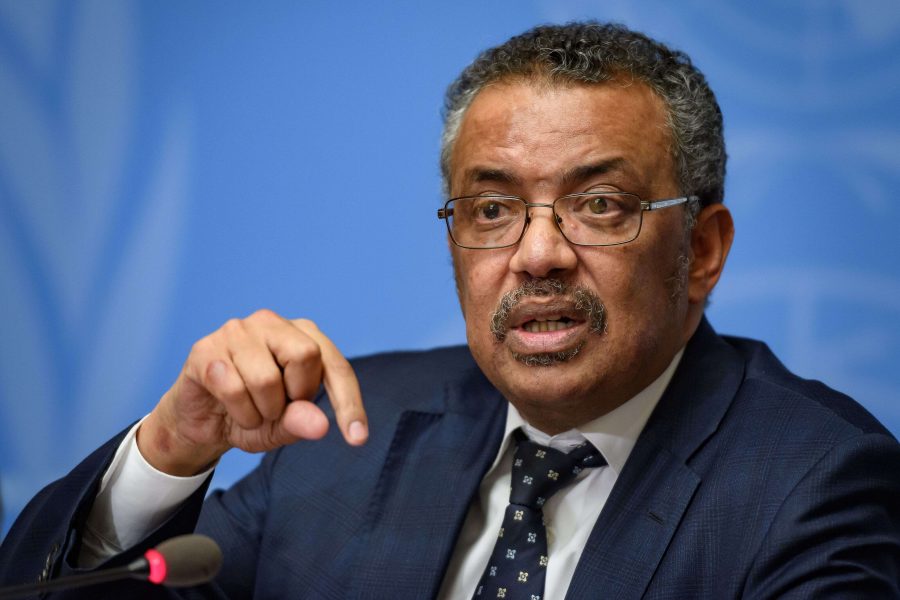The World Health Organization (WHO) has announced that it was going to abandon its trials of the malaria drug, hydroxychloroquine and combination of HIV drug, lopinavir/ritonavir on hospitalized patients that have coronavirus disease after they failed to reduce the death rate.
This is a major setback for the WHO in the face of a second wave of the virus outbreak in US, China, Asia and some American countries. The United Nations (UN) health agency reported over 200,000 new cases of the disease globally, the first time in a single day.
According to a statement from the WHO, ‘’These interim trial results show that hydroxychloroquine and lopinavir/ritonavir produce little or no reduction in the mortality of hospitalized COVID-19 patients when compared to standard of care. Solidarity trial investigators will interrupt the trials with immediate effect.’’
READ ALSO: Nigeria’s ratings risk downgrade over rising debt and lower revenue
The WHO has hinged its decision on the recommendation of the trial’s international steering committee and does not affect other studies where those drugs are used for non-hospitalized patients.
Another aspect of the WHO-led trial is looking at the potential effect of Gilead’s antiviral drug remdesivir on COVID-19. The European Commission gave remdesivir a conditional approval for use on Friday after it was discovered that it helps reduce hospital recovery times.
The trial which is led by WHO started with five branches looking at possible treatment approaches to coronavirus. They include, standard care, remdesivir, hydroxychloroquine, lopinavir/ritonavir, and lopanivir/ritonavir combined with interferon.
The WHO Director-General, Tedros Adhanom Ghebreyesus, disclosed on Friday that almost 5,500 patients in 39 countries had been recruited into its clinical trials and that interim results were expected in the next two weeks.
There are about 18 experimental COVID-19 vaccines that are being tested on humans with almost 150 treatments under development.
A top emergency expert from WHO, Mike Ryan, said it would not be wise to predict when a vaccine could be ready because while a vaccine candidate might show its effectiveness by the end of the year, the challenge might be how soon it could be mass-produced.
READ MORE: Developing countries will pay less for COVID-19 drug – Gilead reveals
The WHO boss had a few days ago warned that the worst is yet to come from the coronavirus pandemic due to lack of global solidarity and the susceptibility of most people to the virus, which still has a lot of room to move. He stated that contact tracing of people that are infected with the virus is the most important step in fighting the coronavirus pandemic.
The UN health agency had also revealed its plans with its partners to buy 2 billion doses of COVID-19 vaccines for the most vulnerable people across the globe. The plan projects that the doses of the COVID-19 vaccine will be distributed to countries with special priority on high-risk persons like people above 65 years, health care personnel and other adults with ailments like diabetes.
